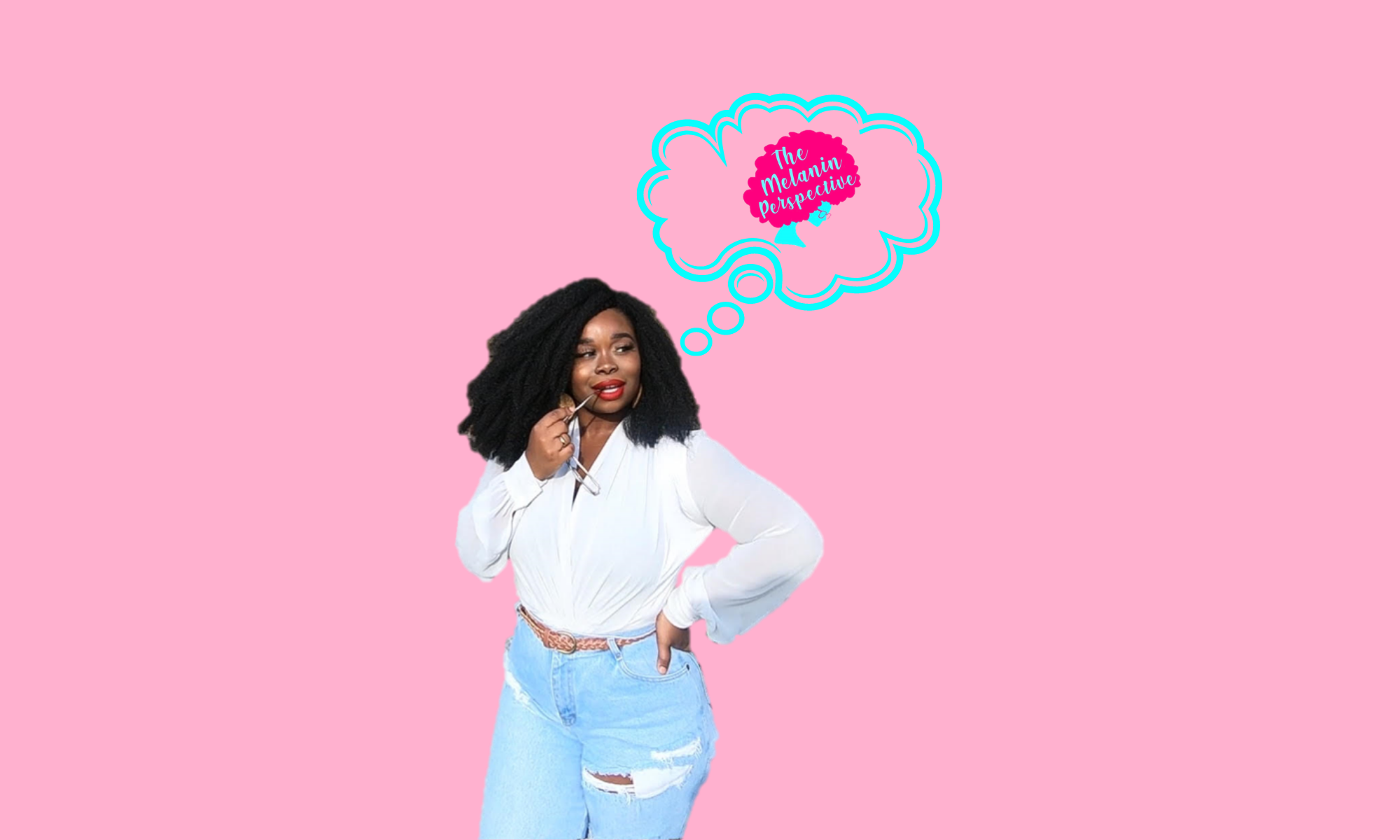
Hair.
The crown and glory of most people.
A major defining factor for all people.
All of us make quick judgements about every person we encounter based on their hair or lack thereof without even realizing it.
If they have dreads, we assume they’re more of a free spirit.
If they have color, we assume they have a bold personality.
If they have no hair, we assume they’re sick (for women especially).
In any scenario, we automatically begin writing a person’s story as we assess their looks.
It’s human nature.
And to a certain degree, I’ll even argue that it’s necessary.
How someone presents their physical appearance is often somewhat of an indicator of their disposition, even if only a small amount.
For example, if someone’s hair is still wet and their makeup’s half done, I feel it would be a fair assumption to assume they aren’t the timeliest person.
Or if their clothing is disheveled with stains, it’d be fair to assume they aren’t the most hygienic or organized.
Looks do matter, to a certain degree.
The issue comes in when those quick judgements lead to discrimination when it isn’t warranted.
Let me elaborate on what this statement means.
There is a difference between judging someone because their dreads are dirty and judging someone because you think all dreads are dirty.
See the difference?
It’s the generalizations that are the issue here.
I could talk about discrimination against one’s entire physical appearance, but I wanted to focus on hair in particular since it seems to be one of the most prevalent topics of discussion in today’s society, it’s a loaded subject matter all by itself.
Unfortunately, we still live in a time, where our natural hair isn’t embraced.
No matter how neat we keep our manes or how much money we spend on doing so, it’s still undervalued because we’re still undervalued.
Before exploring different solutions to this issue, I think it’s important to educate the misinformed about Black hair in all its diversity.
Afros, Dreadlocks, Weaves, and all that other good stuff, they do play a role in defining who we are as people.
But they don’t define us as unprofessional people.
They don’t define us as unkept people.
They don’t define us as unintelligent people.
We cannot control what natural hair texture God gives us (no matter how many YouTube “tutorials” try to tell us otherwise…), so it shouldn’t be a question of whether that’s acceptable in society.
If you ever see a Black person with fine hair and soft edges, just know that it took a lot of manipulation for that to happen.
And while that’s all fine and dandy, they shouldn’t feel like they don’t have to manipulate their hair if they don’t want to.
Dreadlocks.
No one is born with dreads, but it is a style that dates back centuries depending on where you get your sources.
They are not the most common hairstyle, but when kept up, they are a beautiful form of expression, a literal “crown” if you will.
Weave.
Honestly, there are a lot of other races that do the same thing and just call them extensions….
Nuff said.
So, if there is still some confusion about any prior statements, allow me to summarize them in laymen terms for clarification.
All natural hair is not nappy.
All dreadlocks are not dirty.
All braids are not unprofessional.
All weave is not distracting.
Any sort of Black hairstyle worn in the general sense that doesn’t replicate the world’s norm is not a direct implication of our capabilities or our worth.
How does Black hair define us, you might ask?
It defines us as Black.
Allow our actions to define the rest.
So, when we think about solutions to this hair controversy, let us not first always assume that it’s a problem.
It could just be a difference.
I said this in my recent post on “Why the Policing of Black Women is a Crime”, and I’ll say it again here.
Let us not run to the teacher or the boss or the dress code section in our handbooks.
Maybe try, oh I don’t know, actually going to the individual to have an open and honest conversation about the disconnect you’re experiencing.
Please, for goodness sake, though, DO NOT TOUCH THEIR HAIR!
They ain’t gone feel like talking to you after you pet them like a zoo animal.
This is where the change will really start happening.
And it needs to because I’m tired of seeing organizations still dealing with hair discriminatory issues in 2020.
Time for change!
Let me know what you think of today’s post in the comments below and on our social media pages!
Instagram: @themelaninperspectiveblog
Facebook: The Melanin Perspective
